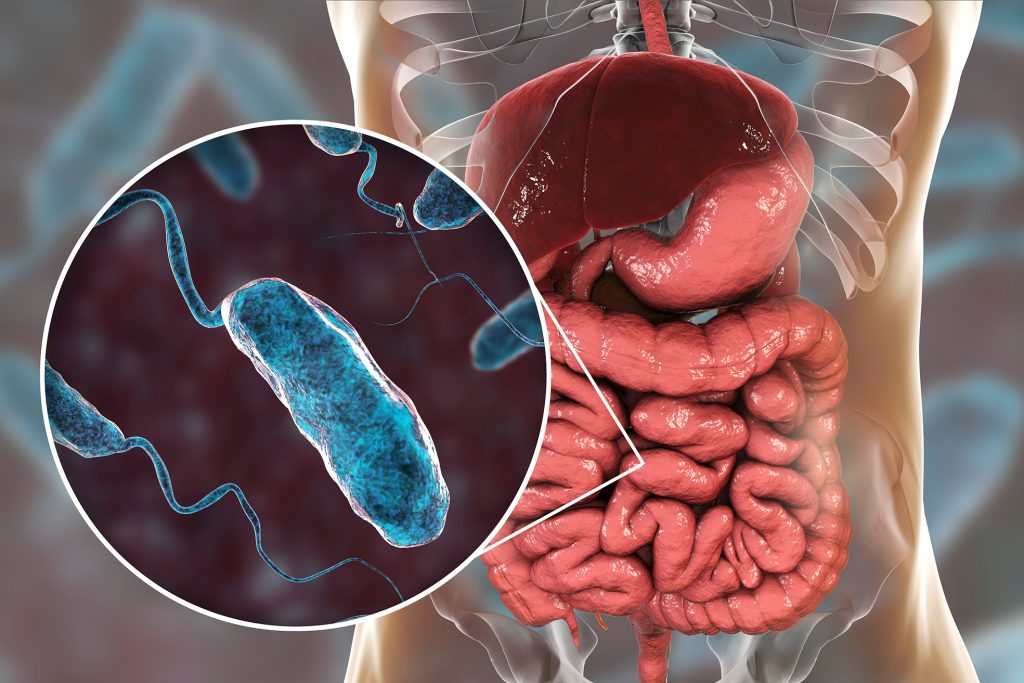Gut microbiome confers variable resistance to cholera

Microbiologists at the University of California, Riverside, United States revealed that human gut microbiome confers variable resistance to cholera infection.1 Their study showed that differences in the gut microbiome among healthy individuals drive striking differences in susceptibility to Vibrio cholerae infection.
V. cholerae is a major human gastrointestinal pathogen, which causes cholera – an acute, watery diarrhoeal disease.2 Historically, cholera has spread worldwide and caused seven recorded pandemics since 1817; the disease continues to affect millions of people annually. V. cholerae cycles between aquatic reservoirs and the human small intestines, requiring coordinated regulation of pathogenesis.3,4 While this regulation largely depends on the gut microbiome, the gut microbial community varies across individuals and is subject to diet, geography, and environmental insult.5 For instance, in cholera-endemic areas, the gut microbiome is affected by malnutrition, which causes reduced resistance to infection.1
The commensal species Blautia obeum is found to drive infection resistance and microbial interactions.1 This mechanism of protection against infection is in turn driven by bile acids which regulate the activity of virulence gene. B. obeum produces an enzyme that metabolises bile, suppressing the activation of the V. cholerae virulence gene, therefore preventing colonisation of the pathogen in the gut.
Although host diet may play a role in V. cholerae colonisation in the gut – considering that bile is secreted in response to food ingestion – the effect of difference in dietary compositions on host resistance and susceptibility to infection has not been well studied.1 Nevertheless, while the ingestion of food has been shown to reduce the infectious dose of V. cholerae due to the buffering of stomach pH, the levels of virulence-activating bile acids are also increased.
The findings of the current study thus lay important groundwork for future studies in targeted microbiome modification as an effective prevention against cholera.
References
- Alavi S, et al. Cell 2020;181:1533-1546.
- Clemens JD, et al. Lancet 2017;390:1539-1549.
- Herrington DA, et al. J Exp Med 1988;168:1487-1492.
- Miller VL, et al. Cell 1987;48:271-279.
- Yatsunenko T, et al. Nature 2012;86:222-227.










